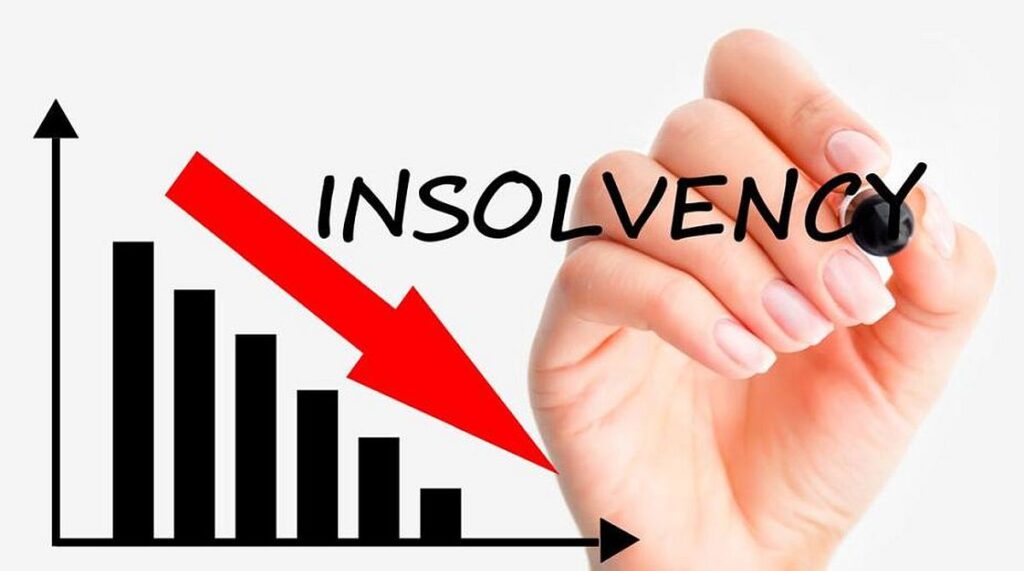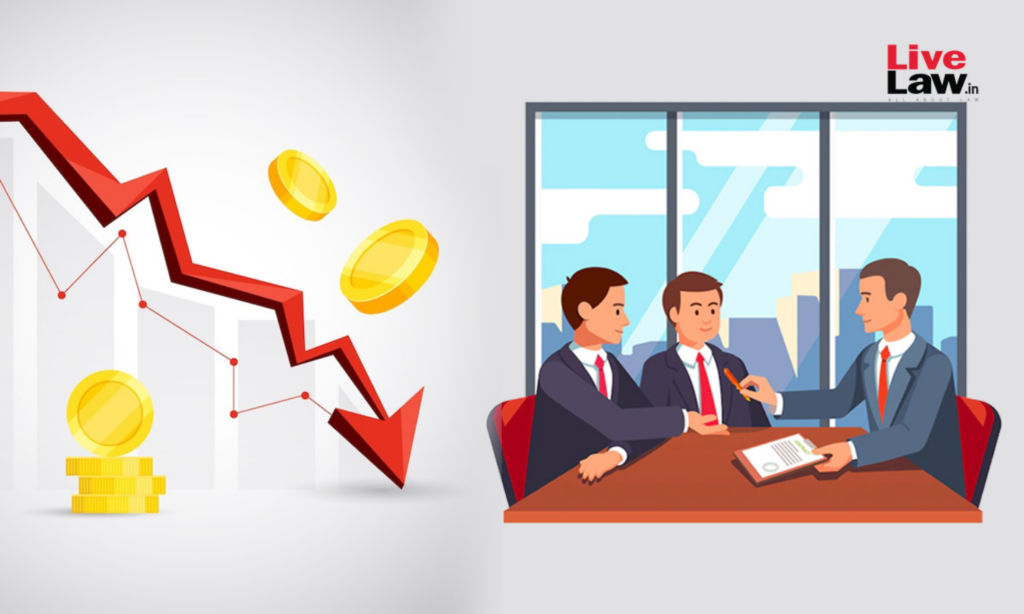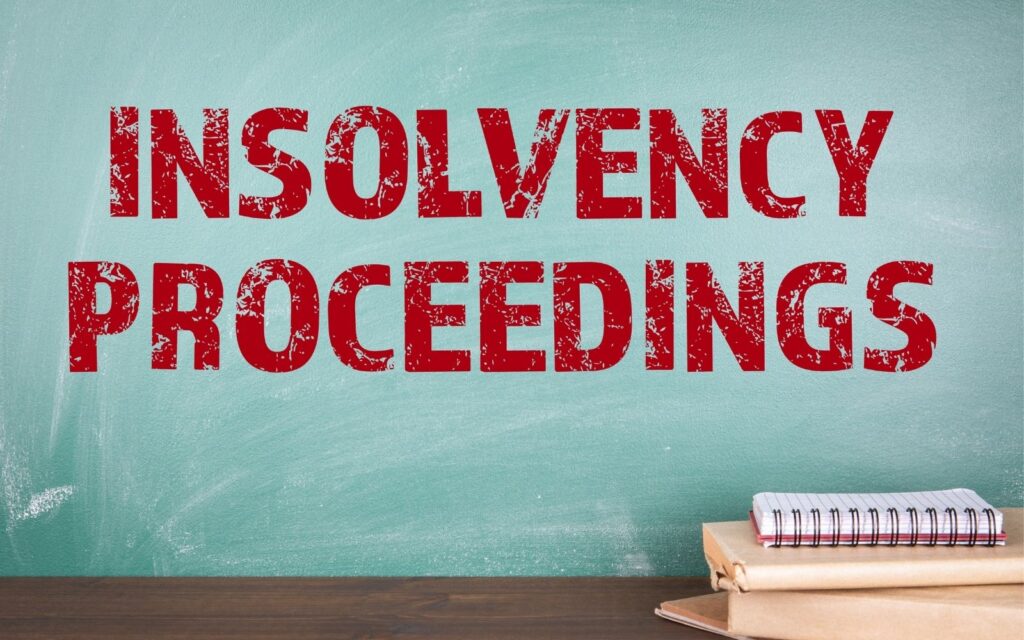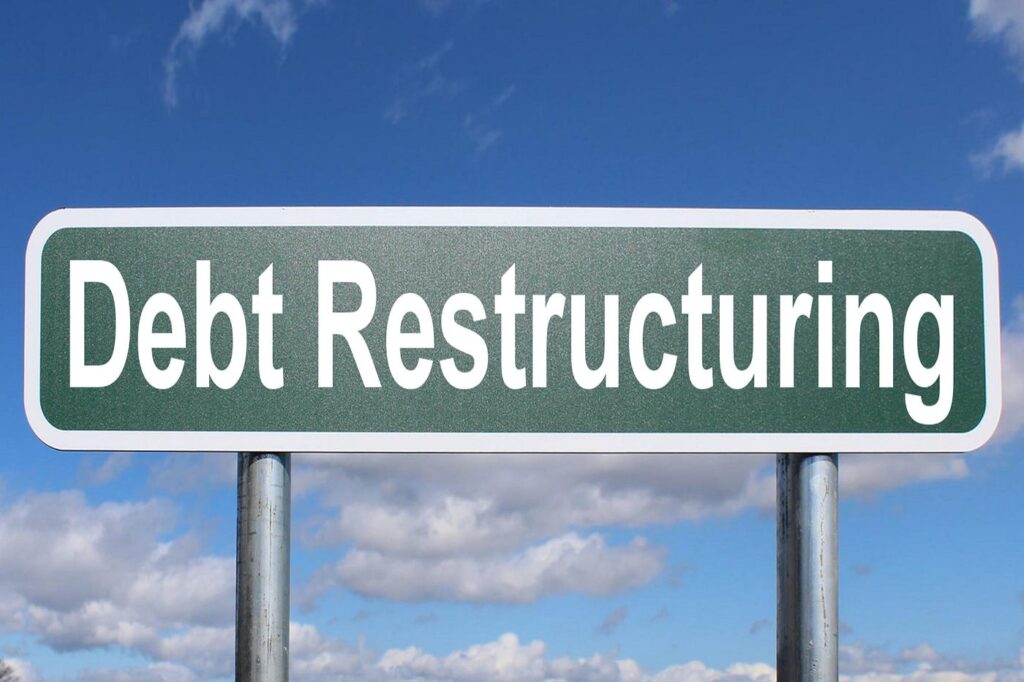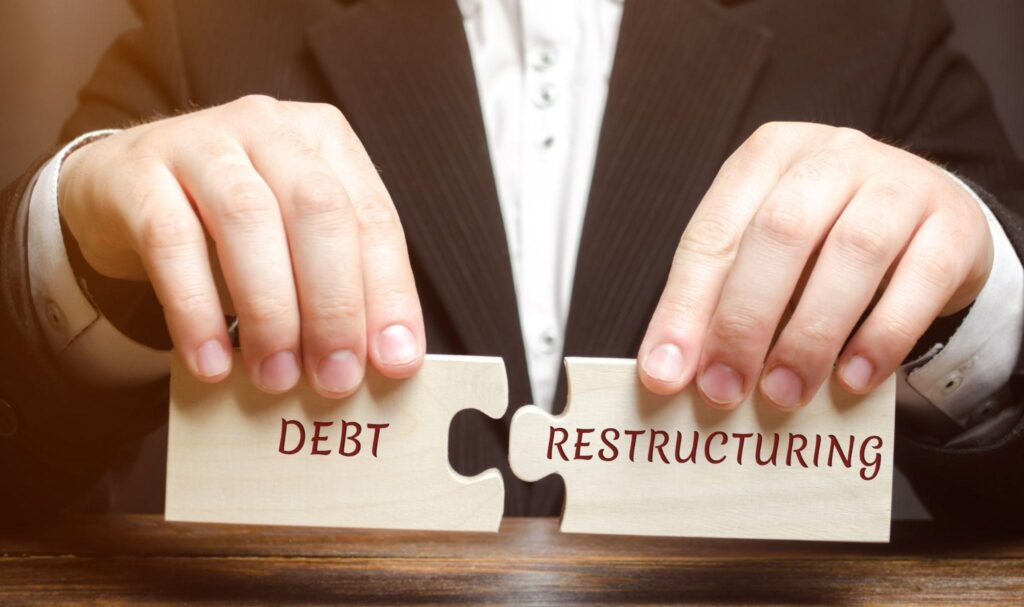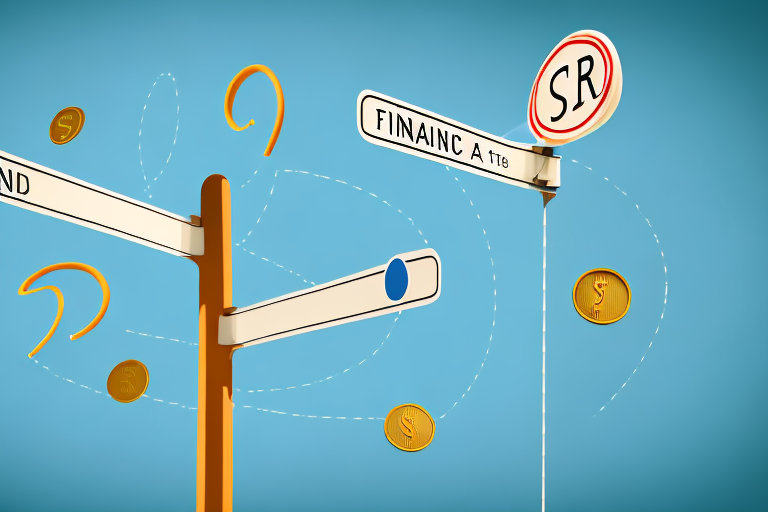Wills are essential documents that help to determine the distribution of your assets after your passing. Traditionally, creating a will has involved visits to legal professionals, paperwork, and lengthy processes. However, with the advent of technology, online wills have emerged as an efficient alternative for many Australians. In this guide, we will explore the various advantages of creating online wills, considering factors such as convenience, cost-effectiveness, accessibility, and privacy.
Understanding Online Wills
What is an Online Will?
An online will is a legal document that allows individuals to specify how their assets will be distributed after death, crafted through an online platform. This process can involve using specific templates where individuals input their information, which then leads to the creation of a legally binding document. The development of online wills has made estate planning more accessible than ever, enabling individuals to take control of their legacies without needing to engage traditional legal services.
Online wills typically cover the essentials of a traditional will, including asset distribution, appointment of executors, and guardianship for minors. However, they can also include custom provisions tailored to your specific wishes, thus making the online will an appealing choice for a broad range of people. Additionally, many online platforms offer features such as storage options, allowing users to securely save their documents and access them easily when needed. This convenience can be particularly beneficial for those who may want to update their will periodically as their circumstances change, such as after a marriage, divorce, or the birth of a child.
Legal Validity of Online Wills in Australia
One concern many have about online wills is whether they hold up in court. In Australia, the validity of a will, including an online will, hinges on compliance with relevant state laws, such as being signed by the testator (the person making the will) and two witnesses. Various states have established specific regulations regarding the electronic execution of wills, and these are continuously evolving. For instance, some jurisdictions have begun to allow for remote witnessing, which can further streamline the process and accommodate individuals who may have difficulty meeting in person.
It is crucial that anyone considering an online will understands their local laws, ensuring their will meets all legal requirements. Many online will platforms ensure compliance by providing detailed instructions and frameworks specific to each Australian state’s legislation. Furthermore, these platforms often include resources such as FAQs, customer support, and legal advice to help users navigate the complexities of estate planning. This comprehensive approach not only demystifies the process but also empowers individuals to make informed decisions about their estates, ensuring that their wishes are honored and their loved ones are cared for after they are gone.
The Convenience of Online Wills
Creating a Will from the Comfort of Home
One of the standout advantages of online wills is the convenience they offer. Individuals can create their wills from the comfort of home, bypassing the need for a lawyer’s physical office visit. This not only saves time but also offers a level of privacy and comfort that many may find preferable during this sensitive process.
By using an online platform, you have the freedom to create your will at your own pace. This flexibility allows individuals to take their time to reflect on their decisions, ensuring that every aspect is carefully considered and accurately represented in the document. Many online will services also provide helpful prompts and guidance throughout the process, making it easier for users to understand legal terminology and the implications of their choices. This educational aspect can empower individuals, giving them the confidence to make informed decisions about their estate planning.
Time Efficiency and Flexibility
The time efficiency of online wills cannot be overstated. Traditional will preparation may involve scheduling multiple appointments, reviewing drafts, and negotiating terms with a legal practitioner, which can extend the process over several days or weeks. In contrast, an online will can typically be created in a matter of hours.
Furthermore, if circumstances change—such as a new asset acquisition or family changes—revising an online will is straightforward and quick. This flexibility ensures that your estate planning remains current and aligned with your wishes without the hassle often associated with traditional methods. Many platforms also offer features that allow users to store their documents securely online, making it easy to access and update them whenever necessary. This ensures that your important documents are always at your fingertips, providing peace of mind that your estate planning is as dynamic as your life circumstances.
Cost-Effectiveness of Online Wills
Comparing Traditional and Online Will Costs
The cost of preparing a will through a traditional lawyer can be significant, often requiring hundreds or even thousands of dollars depending on the complexity of the estate and the legal fees involved. In contrast, online wills are generally offered at a fraction of the cost. Most platforms provide a range of services and templates that cater to different needs, typically charging a flat fee for creating a will.
This affordability makes estate planning more accessible to a broader demographic, enabling individuals from all walks of life to ensure their wishes are documented legally. It supports the idea that careful planning should be available to everyone, irrespective of financial status. Furthermore, the convenience of online platforms allows users to create their wills at their own pace, without the pressure of a ticking clock during a consultation. This flexibility can lead to more thoughtful decisions regarding asset distribution and guardianship, ultimately resulting in a more personalized and meaningful document.

Hidden Costs You Can Avoid
When engaging traditional legal services, clients may face unexpected costs associated with consultation fees, revisions, and additional administrative charges. These hidden fees can often lead to a situation where individuals pay far more than anticipated.
Online will platforms are transparent about their pricing structures, clearly outlining what services are included. This transparency allows users to avoid those elusive hidden costs, making budgeting for estate planning easier and more straightforward. Additionally, many online services offer free resources, such as articles and FAQs, that help users understand the estate planning process better. This educational component can empower individuals to make informed decisions, reducing the likelihood of costly mistakes that could arise from misunderstandings or lack of knowledge about legal requirements. As a result, the online approach not only saves money but also enhances the overall quality of the estate planning experience.
The Accessibility of Online Wills
Easy Updates and Amendments
Life is filled with changes, and so are our wishes concerning asset distribution. With online wills, individuals can easily update or amend their documents to adapt to new circumstances such as marriage, divorce, or the birth of children. Most online tools provide a simple method for making these updates, often at no extra cost.
This ease of access empowers individuals to take charge of their estate planning without feeling locked into a static document, which might become outdated or misaligned with current life circumstances. Regularly reviewing and updating online wills ensures that they reflect your current intentions, thus providing peace of mind for both you and your loved ones. Additionally, many platforms offer reminders or prompts to encourage users to revisit their wills periodically, which can be particularly helpful for those who may otherwise forget to make necessary updates.
Secure Storage and Easy Access
Many online will solutions offer secure storage options, allowing you to store your will safely in a digital format. This secure storage ensures that your document is not lost or damaged over time, which can happen with physical documents due to natural wear, accidents, or even environmental factors.
Accessing your online will is also straightforward. Whether you’re at home or traveling, your will is a few clicks away, allowing you to review your property distribution plans whenever necessary. This accessibility helps to keep your estate plans front-of-mind, making it easier to stay organized. Furthermore, some services provide features like multi-device access and cloud integration, so you can retrieve your will from your smartphone, tablet, or computer, ensuring that you have your important documents at your fingertips no matter where life takes you. This modern approach to estate planning not only enhances convenience but also aligns with the increasingly digital lifestyle many people lead today.
Privacy and Confidentiality in Online Wills
Ensuring Your Information is Protected
Privacy is a significant concern for many when it comes to estate planning. Online will providers prioritize the confidentiality of your information, employing various security measures to protect your data. This includes encryption, secure access protocols, and compliance with privacy laws. These measures are designed to thwart unauthorized access and ensure that only those you trust can view your sensitive information.
Users can feel confident that their personal information is safeguarded, reducing the fear that sensitive data might be exposed. This level of security is often superior and more consistent than what one might find with physical documents stored in a home or office. Additionally, many online platforms conduct regular security audits and updates to their systems, ensuring that they are equipped to handle new threats as they arise. This proactive approach to security not only protects your data but also reinforces the credibility of online will services, making them a reliable choice for modern estate planning.

Control Over Your Personal Information
Creating a will online provides individuals with greater control over their information compared to traditional methods. Many online platforms allow users to decide who has access to their will and other related documents. By managing sharing settings, you can choose to involve family members or keep your information private until necessary. This flexibility is particularly beneficial for those who may have complex family dynamics or wish to maintain discretion regarding their estate planning.
This control further reinforces the sense of empowerment that comes with using online tools for estate planning. With the knowledge that you can secure and restrict your information as you see fit, you are more likely to engage in the will-making process positively and proactively. Furthermore, many online will services offer features such as document revision history, allowing users to track changes and revert to previous versions if needed. This not only enhances transparency but also provides peace of mind, knowing that your final wishes can be accurately documented and modified as circumstances change.
As you navigate the complexities of estate planning, the ability to manage your information with such precision can significantly alleviate stress. The digital landscape of will creation not only simplifies the process but also empowers individuals to take charge of their legacies in a way that aligns with their values and family dynamics. This empowerment is a crucial aspect of modern estate planning, as it encourages individuals to engage thoughtfully with their wishes and the impact they will have on their loved ones.
















